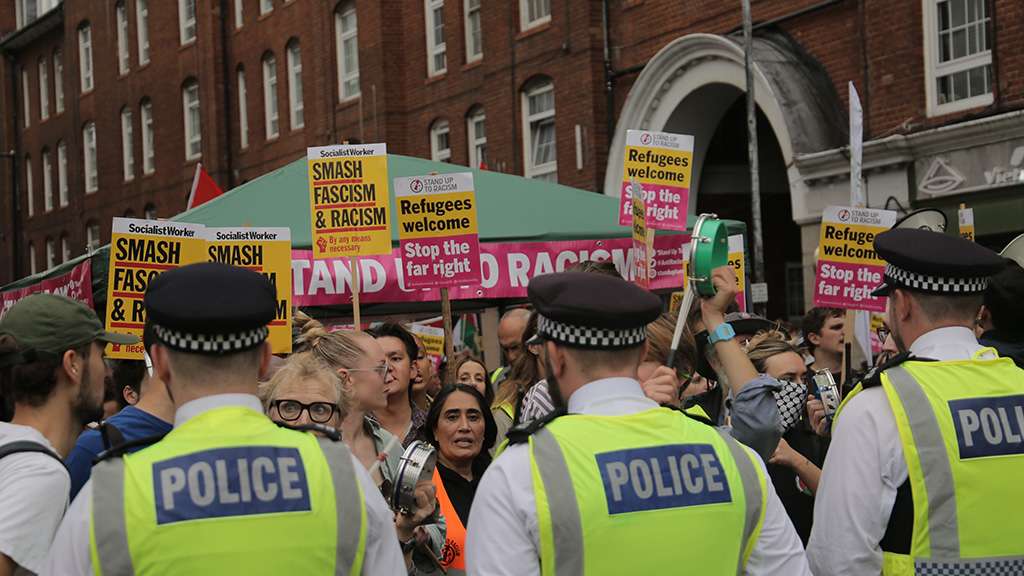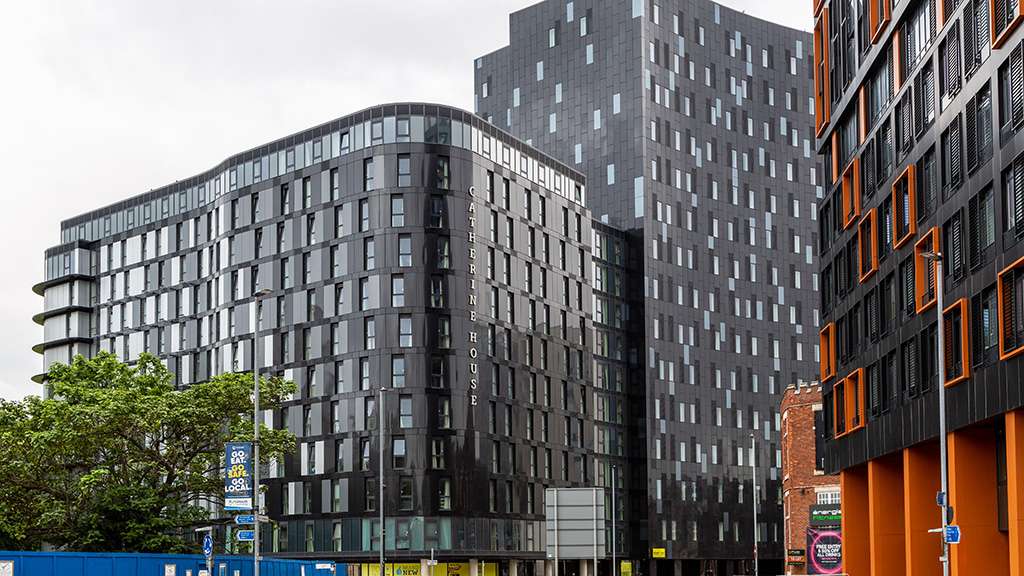Asylum seekers could be moved from hotels into warehouses and other industrial or military sites under government plans to cut the spiralling cost of migrant accommodation.
Home Secretary Yvette Cooper confirmed on Monday that the Home Office is exploring options including unused warehouse space, former student accommodation, government-owned properties, disused office blocks and ex-teacher training colleges as part of efforts to scale back hotel use.
Speaking in the Commons, Cooper said the government wanted to accelerate the decommissioning of hotels, which currently house more than 32,000 asylum seekers across 200 sites. Hotel accommodation is costing taxpayers £5.77 million per day in 2024/25, down from £8.3 million daily a year earlier.
“Our manifesto commitment was to end the use of asylum hotels over the course of the parliament, but we do want that to be earlier. We do believe it can be done earlier,” Cooper said, though she declined to set out “precise timetables.”
Britain currently has more empty warehouse space than at any point since 2011, with 60 million sq ft lying unused, according to estate agent Savills. Retailers have scaled back on logistics capacity in response to weaker consumer demand, while Rachel Reeves’s proposed reform of business rates could add an extra £262m in costs for large distribution hubs.
That spare capacity is now being considered as part of the asylum estate. Cooper confirmed discussions are under way with councils and other departments to identify viable sites.
The shortage of accommodation has been worsened by record Channel crossings and asylum claims. More than 29,000 people have arrived in small boats so far this year – up nearly 50% on last year – while the UK recorded a record 111,000 asylum applications in the past 12 months.
Although the number of claims processed has trebled to 31,000 per quarter, the system remains under pressure. Spending on hotel accommodation has been reduced by nearly £1bn, but demand continues to outstrip supply.
Last week, the Home Office issued an urgent appeal for 5,000 additional properties to house up to 20,000 migrants.
The government is also expanding capacity at contingency sites. At Wethersfield RAF base in Essex, the cap has been raised from 800 to 1,245 migrants, making it the only large-scale site inherited from the Conservatives still in use. Labour has scrapped plans to use the Bibby Stockholm barge and RAF Scampton in Lincolnshire.
Cooper defended a legal challenge that ensured the Bell Hotel in Epping remained open despite a temporary closure order by the local council, arguing that closures must be “orderly rather than chaotic”.
Prime Minister Sir Keir Starmer will chair a cross-government meeting this week to speed up the closure of hotels, with “modular buildings” on industrial and ex-military sites under consideration as cheaper alternatives.
Downing Street is also “looking at” introducing a national digital ID system to crack down on illegal migration and black market working. Cabinet Office minister Pat McFadden said at the weekend that digital IDs could also help reduce benefit fraud.
Cooper admitted that housing asylum seekers in three-bedroom townhouses, as revealed in Suffolk last week, was “not appropriate” and stressed the need to reduce overall numbers in the system.
“We need fewer people in asylum accommodation so we don’t have people in costly properties being funded by the taxpayer for long periods of time,” she said.
With arrivals still rising and the asylum system stretched, the government faces pressure to balance humanitarian obligations with growing demands to cut costs and reduce reliance on hotels.





